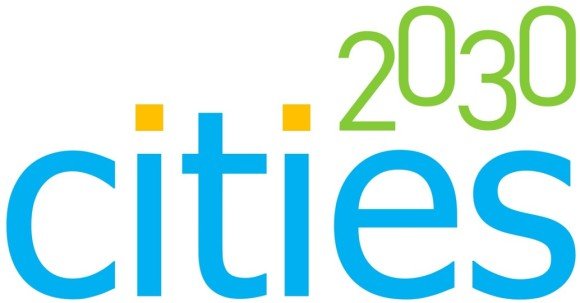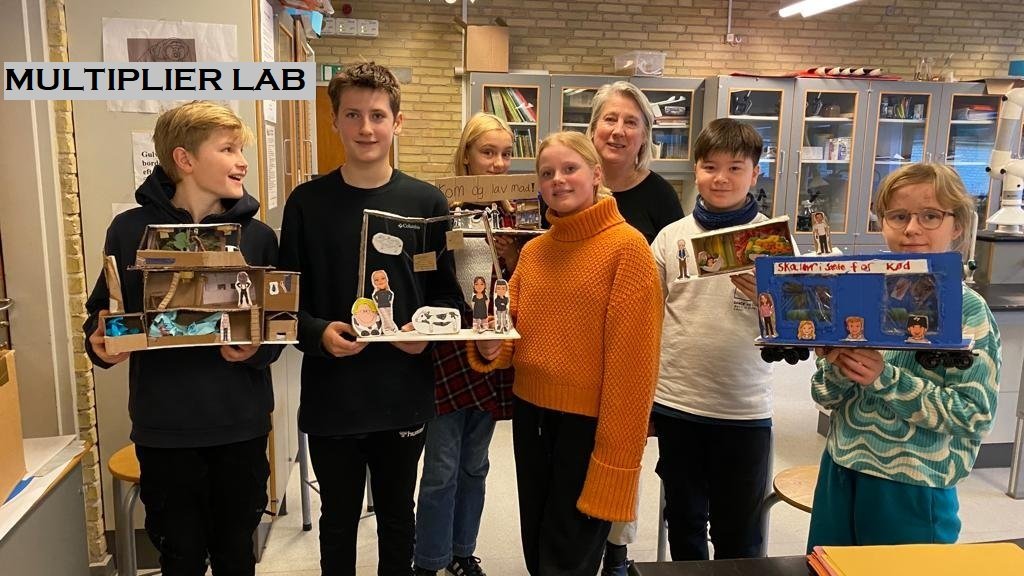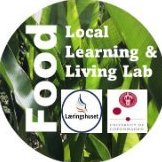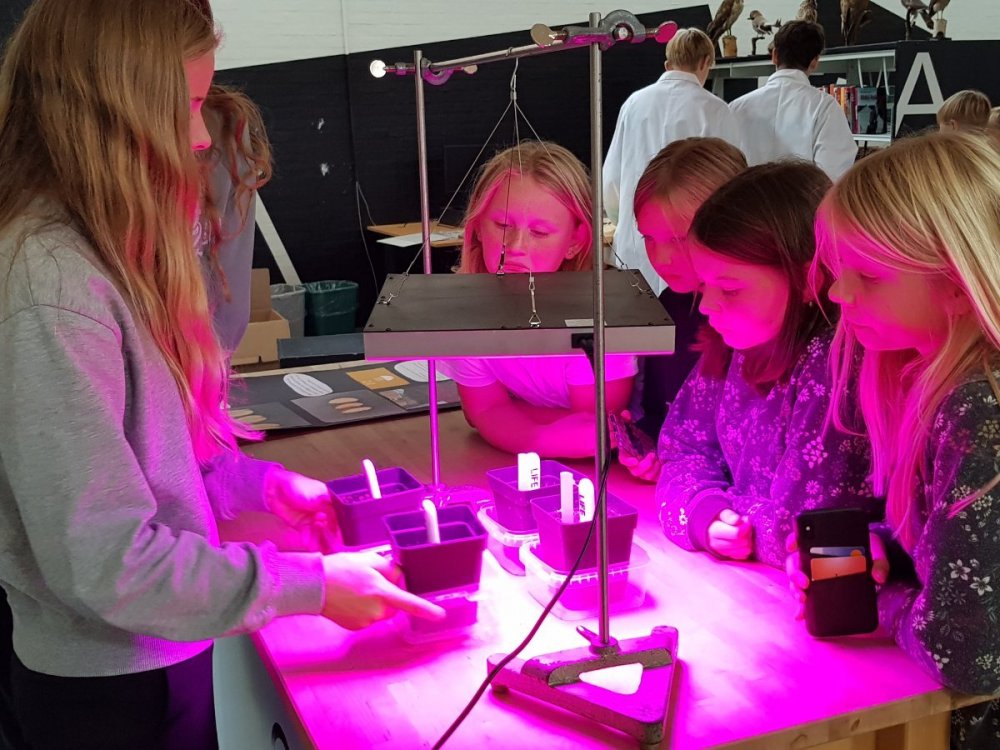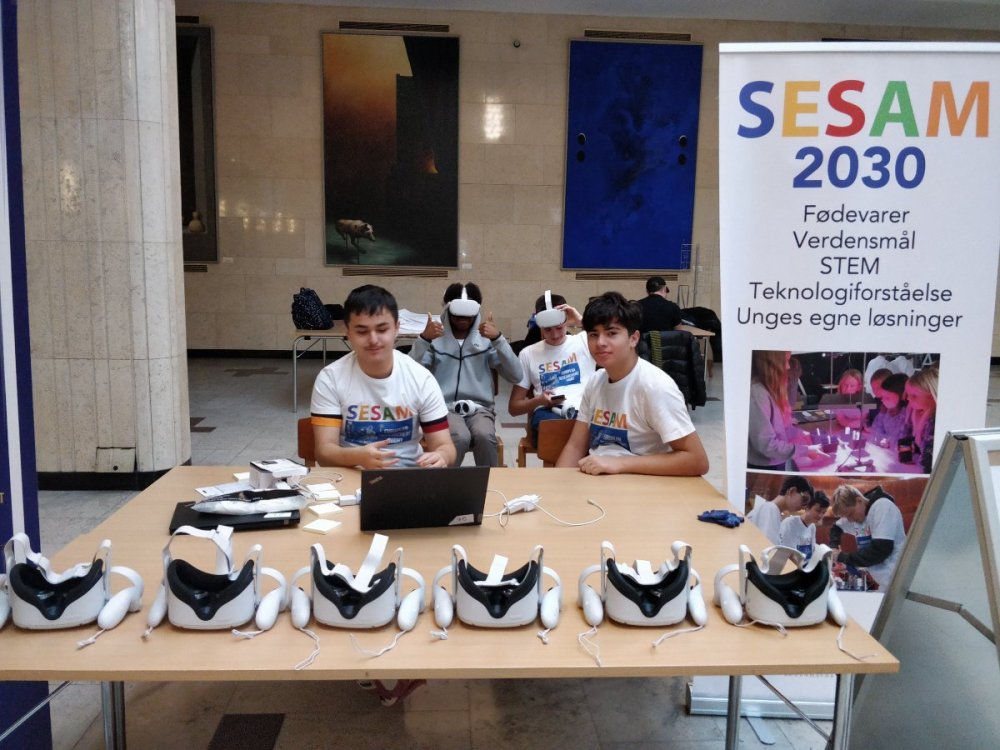Welcome page
The Local Learning & Living Lab (L4) - exploring the co creational power of young people in a local community food context
Why a Living Lab for food?
Co creation, Living labs and multi actor approaches are increasingly being explored and studied as means to address societal problem and to develop viable solutions. This is in particular true when it comes to problems and challenges that are complex, that have no easy or straight forward solutions - the type of problems that are often referred to as wicked problems. Addressing such challenges rely on the input of the knowledge and the acceptance from a long range of different stakeholders. The format of the Living Lab has over the past decade developed and claims to have the potential to create solutions with a broad appeal and acceptance. But how can young peoples voices be taken intro into account in such Living Labs and how can the setting of the school and its learning opportunities be taken advantage of? And how can outreach to local community and the whole school approach be applied to create engagement across different actor groups?
History of the Living Lab.
The Local Learning & Living Lab (L4) was developed around a newly built school that was tailored to project based learning. it was developed in the close cooperation between the university at the school as one way to strengthen the science to school cooperation and is way too create service learning and outreach for the university. It was developed partly to serve as the foundation for data collection and interventions in the two EU projects. The SESAM2030 program and the Chorizo project. The SESAM is a program that aims to create understanding of research and science and uses the need for green urban food systems transformation as the science case. The Chorizo project is about developing new ways for reducing food waste and developing circular food economy thinking where young peoples engagement and role of schools are part of the focus. Both projects are part of the University of Copenhagens project portfolio that evolves around food at school.
Living Labs in Project Based Learning
The Local Learning & Living Lab (L4) has been developed as part of the Læringshuset (Danish for “Learning House”) – a new school built in the high Taastrup municipality in the neighbourhood of Nærheden. It has been developed for Project Based Learning (PBL) and the school's strategy includes participating in projects related to the development of better teaching and projects related to the field of Technology Understanding (a new recently introduced school subject evolving around the teaching of computational thinking). In addition, the school has a strong desire to develop its mentorship program with local knowledge providers. The school has a new Food Lab and a well-developed food training project that runs across disciplines and includes food science, mathematics, technology understanding and other relevant subjects. The school's Food Lab works closely with the local FabLab Maker space and the project teaching is based to a high degree on the principle that learning takes place through the development of specific solutions. And that these solutions are not just learning, but can also be included in a research process. This means that the entire project teaching takes its point of departure in the idea of designing, creating, building and constructing. As part of these projects, the school uses a mentor corps where representatives from small and large companies as well as academia are brought in to assist the students in their solution development. In addition, the school has a good working relationship with local retail stores about food waste and incorporates this into the teaching about food waste.
Lessons learnt so far
So far the insights from developing the L4 facility is that it this particular format can act not only as an important source of inspiration for solutions that acknowledges the value of young minds, but that it at the same time can be a multi actor learning lab in which different actors from the local community can engage in creating valuable solutions. So far we have found that using the Living & Learning Lab approach can be a way to create both action, engagement and empowerment around urban food issues. In particular we find that staging the learning format around a “solution-orientedness” brings in legitimacy in particular among parents. As such it has the potential to act as a tool for cross community engagement around specific topics related to green food systems transformation.
Contact:
Activity coordinator: Kirsten Vestergaard Hansen, Teacher, Project Manager, School of Læringshuset, Municipality of Høje Taastrup, Email: kirs8000@htkskoler.dk
Research coordinator: Bent Egberg Mikkelsen, Professor, PhD. Section of Landscape & Architecture at Department of Geosciences and Natural Resource Management, University of Copenhagen. The Living lab is part of the Urban Food & Farming Research Strategy. Email: bemi@ign.ku.dk
